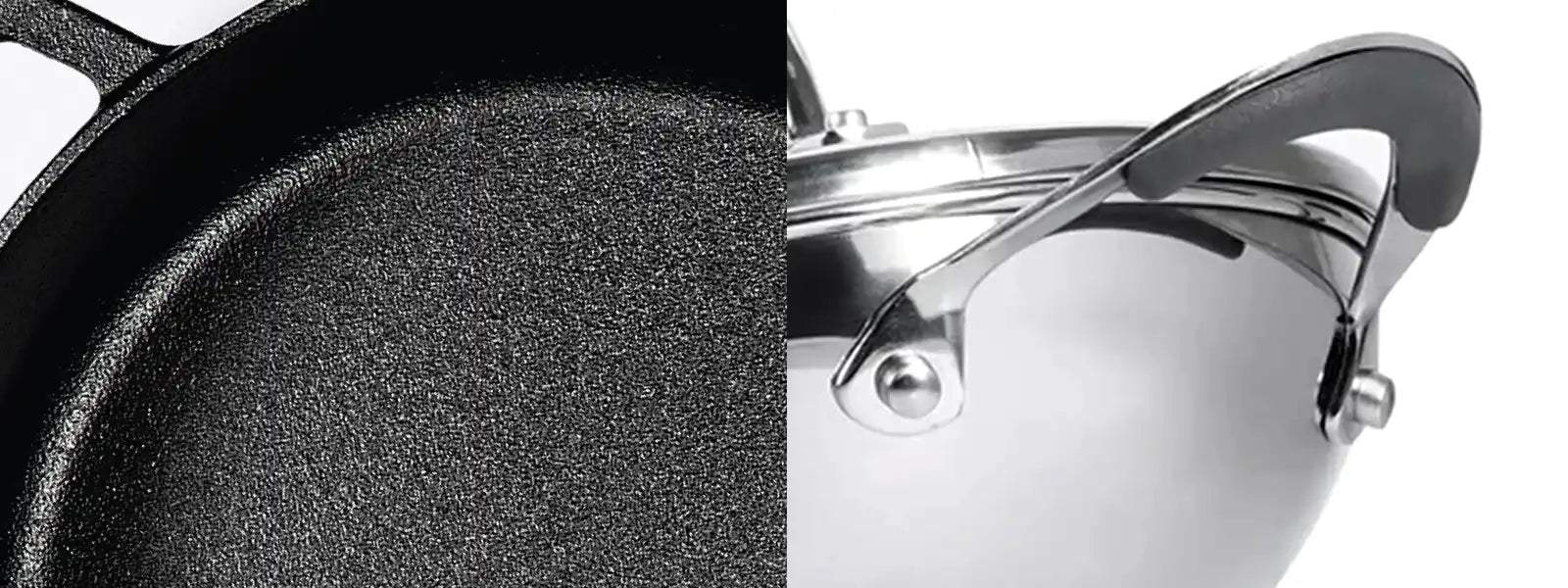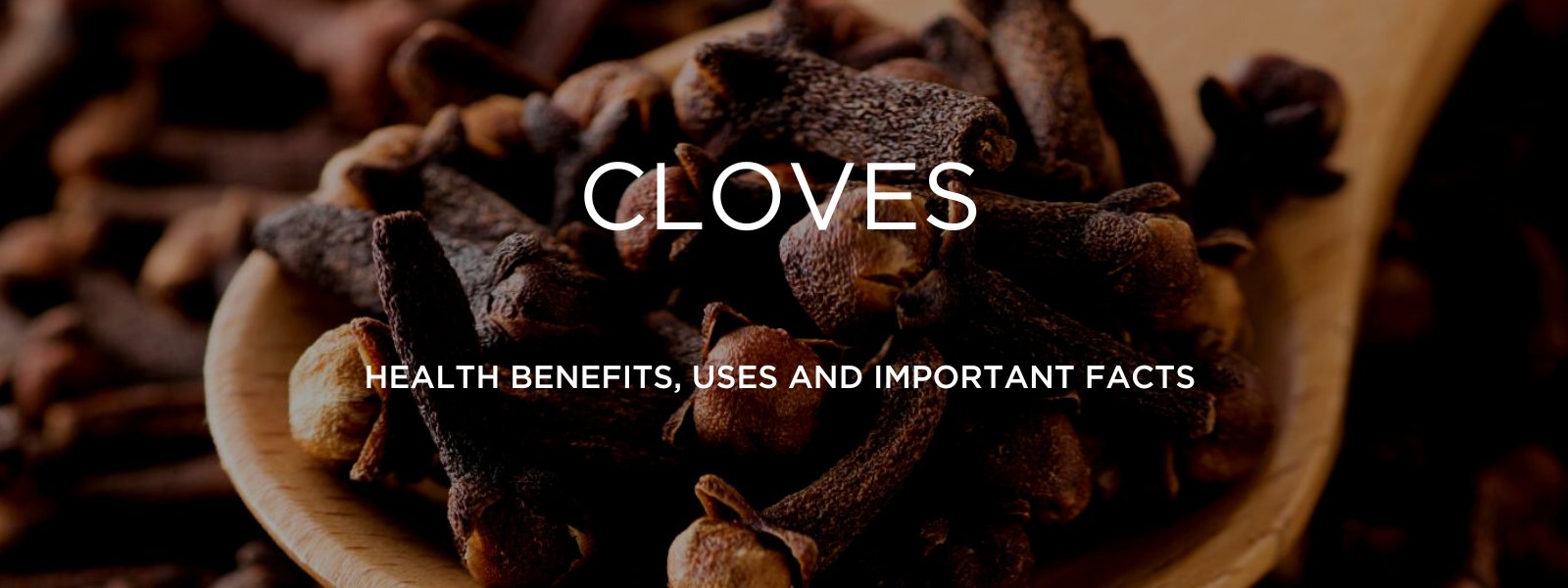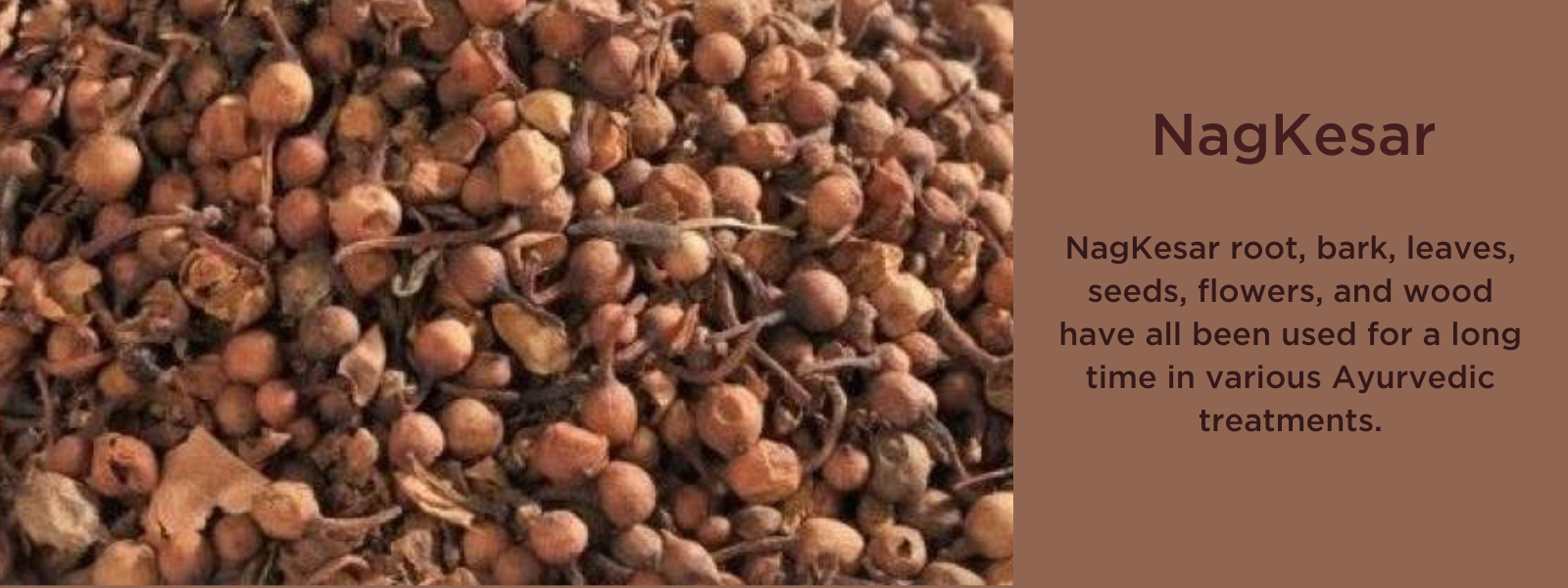Thyme has trailing green-grey leaves, a strong perfume, and a shrubby, sturdy form. This herb can also be found in drier, sunnier regions of Western Asia and southern Europe. It is indigenous to the western Mediterranean.
There are more than sixty different varieties of thyme, but Thymus vulgaris, also known as garden thyme, is the most widely used one in cooking. It's also the variety that appears most frequently in historical recipes and cures, particularly those from and related to ancient Greece, Rome, and Egypt.
Table of Contents
Thyme gives food an instant flavour boost, but it also has health advantages when eaten fresh, dried, or steeped in tea.
About thyme:
Thyme is a fragrant perennial evergreen herb that grows in the mint family's genus Thymus. It has little white, lilac, or pink blooms.
Thyme has around 350 species, primarily as a result of their propensity to hybridise. Thyme's leaves can range in colour from light shades of green to deeper hues of green and olive, as well as tints of bronze or even silver. They can also be low-growing or active.
Interesting facts about thyme:
The antibacterial, insecticidal, and perhaps antifungal effects of thyme are believed to exist.
Thyme has been used historically for embalming and as a defence against the Black Death.
Thyme comes in a variety of forms, including fresh, dried, and essential oils.
How does thyme work?
Thyme includes compounds that may aid with minor irritations, bacterial and fungal infections. Additionally, it might stop coughing spasms caused by smooth muscle.
Nutritional value of thyme:
Thyme has a wonderful aroma and is a good source of vitamins C, A, and B. Fresh thyme leaves contain 160 milligrams of vitamin C per 100 grams. 1.28 milligrammes of vitamin C are present in a more sensible serving size of one teaspoon.
Thyme is a herb that is rich in phytonutrients, vitamins, and minerals that are vital to the body's overall health and growth. Thymol, a crucial essential oil with antifungal and antibacterial effects, is present in thyme. Zeaxanthin, lutein, apigenin, naringenin, luteolin, and thymine are just a few of the phenolic antioxidants found in thyme.
Potassium, calcium, iron, manganese, selenium, and magnesium are all abundant in thyme leaves and are necessary for the body's normal operations. A good source of vitamins, including B-complex vitamins, vitamin K, vitamin C, and folic acid, is the herb thyme.
Health benefits of thyme:
This fragrant herb is frequently used in pasta recipes and is rich in nutrients that are good for the skin, hair, and body. The advantages of thyme for your health are examined here.
Anti-inflammatory:
The COX-2 enzyme, which promotes inflammation in the body, can be inhibited by thymol, one of the primary oils found in thyme.
Another thyme oil called carvacrol has similar effects on inflammatory cytokines, which the body utilises as signals to cause inflammation. This oil can help with its diminution.
Good for respiratory health
Thyme is advantageous for respiratory health as well; certain clinical studies have revealed that it may be utilised to ease coughs and alleviate chest congestion. The finest thyme for this is fresh, although the essential thyme oils in thyme tea could also provide some of these benefits.
Treats digestive problems
Digestive issues can also be treated orally with thyme. Thyme has antibacterial properties that can help reduce the number of germs in food and, through enhancing gut flora, improve intestinal health in general. This herb also helps the liver work normally, increases appetite, and thickens the layers of gastric mucus that protect the stomach lining from acid.
Treats cold and cough:
Due to its antibacterial and antibiotic characteristics, thyme herb is a fantastic cold and cough treatment. Bronchitis can also be treated with thyme. Since thyme oil is one of nature's most potent antimicrobials, it is frequently used to heal sore throats. Its high concentration of carvacrol is a key factor in its popularity as one of the best essential oils for sore throat relief.
Great for skin:
Thyme is highly efficient at warding off the bacteria that causes acne because it has excellent antibacterial qualities. Thyme assists in keeping healthy skin by getting rid of the bacteria that are the root of many skin issues. Thyme essential oil can be used as a toner to tighten older skin by diluting it with water.
Promotes hair growth:
For hair to grow, nutrients must be delivered to the hair follicles. Thyme promotes the development of hair by increasing blood flow to the scalp. Applying thyme essential oil or a mixture containing thyme makes it easier for vital nutrients to reach the scalp, which promotes the growth of hair.
Due to its antimicrobial qualities, thyme oil is also beneficial in treating dandruff and preventing hair fall and hair thinning.
Great for bone health:
Thyme is a superb source of vitamin K as well as calcium, iron, and manganese.
These thyme-derived minerals are essential for bone health because they encourage healthy bone growth and development and lower the risk of bone diseases. As a result, thyme supports strong, healthy bones and guards against bone illnesses.
Uses of thyme:
Thyme leaves are mostly used in cooking and in the brewing of teas. Thyme is frequently used as an insect repellent by sandwiching the leaves between layers of linen to protect the cloth from bug bites. Thyme oil is used in a variety of products, such as scented soaps and deodorants.
Thyme has long been used to preserve meat and vegetables and is an excellent antimicrobial. Although thyme's fresh leaves can be eaten, the essential oil that is derived from them should never be applied directly to the skin without first diluting it with a carrier oil or water.
Thyme is used medicinally to cure and prevent conditions like arthritis, colic, sore throat, whooping cough, diarrhoea, and stomachaches. It's also frequently employed as a diuretic.
Thyme tea:
Thyme can be quickly made into a tea to enhance your health. Fresh thyme leaves or powdered thyme can both be used to brew tea. You can also use dried thyme, but be sure to strain your beverage to remove the leaves for a pleasing texture.
For fresh leaves, soak a cup of boiling water with several thyme sprigs for 5 to 8 minutes. You can filter the water before drinking to remove any leaves that may have fallen off the sprigs and into it.
When using thyme powder, combine 1 teaspoon of the powder with 1 cup of hot water. You might need to stir the ground thyme several times to achieve full blending because its texture is comparable to matcha green tea powder.














Leave a comment